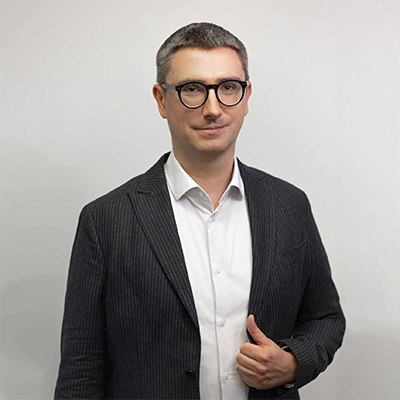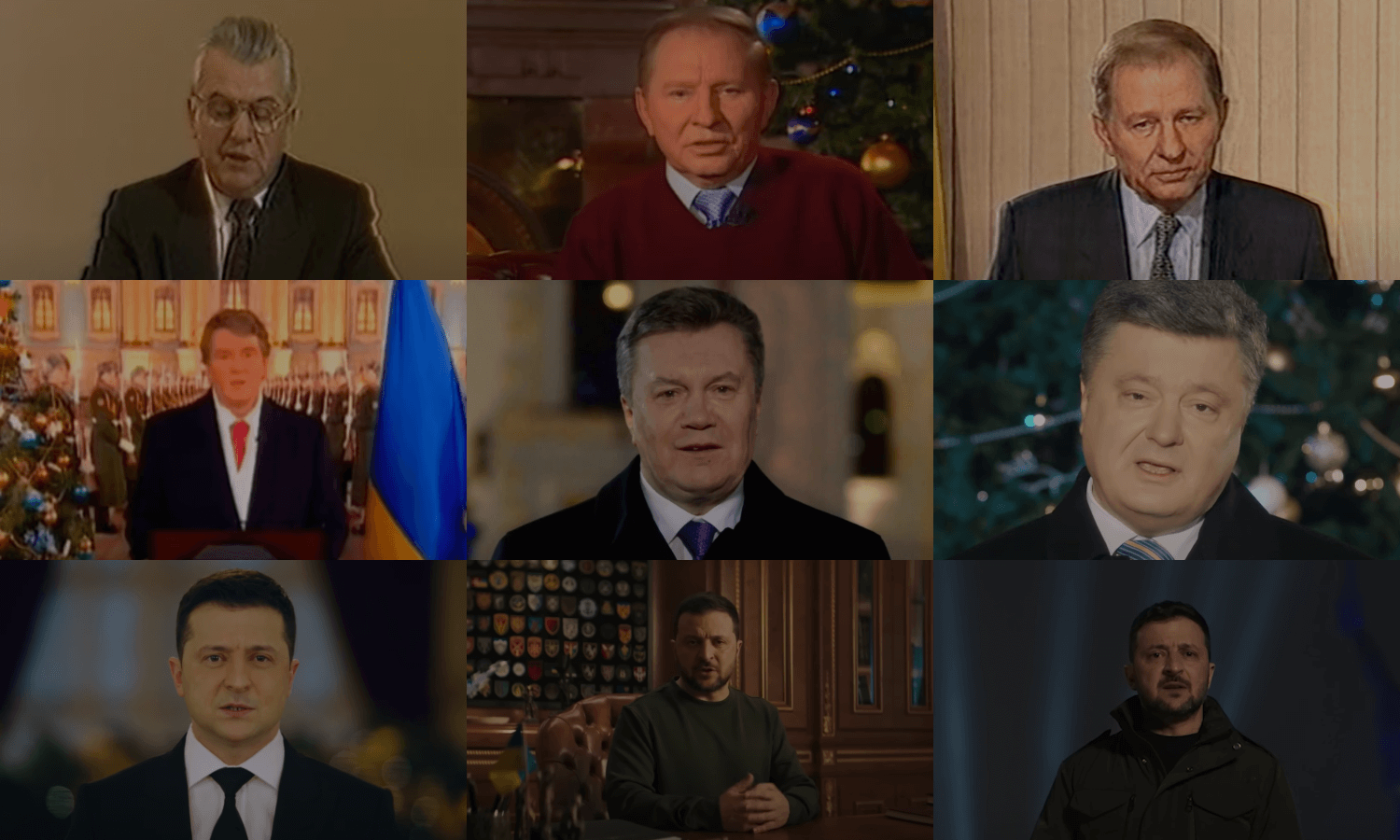The review is a response to the article Ukraine Needs Decentralization to Develop Future Democratic Leaders written by Tymofiy Mylovanov (University of Pittsburgh), Roger Myerson (University of Chicago, Nobel prize laureate 2007), Gerard Roland (University of California Berkeley).
An idea that decentralization is important for the development of future political leaders and for a stronger political competition is very good. It is highly true that «The disappointing performance of national elites is only possible because they do not fear that the voters could easily replace them with someone better».
I could recommend developing this idea in the following ways:
- It is important to understand what features of the decentralization process are the key for emergence of new political leaders. Is it the shift of executive powers to the executive committees of local councils? Will a head of executive committee be the top position of a further political career? Or the more extensive role of local councils generally, including stronger grip on the local finances? Or potential conflicts between prefects and local leaders that will increase awareness of local leaders?
- What will be the impact of Local Elections Law signed by the President on August 6? Will it help to decrease control of the local political leaders by a party headquarters in Kyiv or it will work in the opposite direction?
- Role of the media as intermediator between the local and the national level is very important. Do the national media in Ukraine have needed capacity to cover local events? If only TV channels have local correspondents, how will the control by the oligarchs who own them (and political parties as well) influence the coverage of local leaders? Do national printed and internet news media need any technical assistance to build the capacity to cover the most important local news, including better cooperation with the local news outfits?
Decentralization Week
Polish Experts Criticize Ukraine’s New Decentralization Law (graduate of the National University of Kyiv-Mohyla Academy and of the Autonomus University of Madrid)
Decentralization vs. Anti-Centralization (Oleh Zahnitko, Gide Loyrette Nouel)
Sergei Guriev: Decentralisation will Not Work As Long As Large Companies Remain in Government Ownership (Sergei Guriev, Professor of Economics, Sciences Po, Paris)
Struggle For The Constitution Is Going On (Appeal of Vice Speaker Oksana Syroid about the proposed amendments to the Constitution of Ukraine)
Viktoria Sumar: Terms Require Greater Concentration of Power in President’s Hands(Viktoria Sumar, MP of Verkhovna Rada (8th convocation), fraction of political party “People’s Front”)
Yuriy Hanushchak: Naively to Expect a Breakneck (Rapid) Disappearance of Local Oligarchs Due to the Efforts of Law-Enforcement Agencies (Yuriy Hanushchak, a Director of the Institute of Territorial Development and expert in issues of decentralization of power)
Georgy Egorov: the Central Government Should Have the Authority to Intervene with Force (Georgy Egorov, Kellogg School of Management, Northwestern University, USA)
Opinion on the Draft Law Amending the Constitution of Ukraine Submitted by Oksana Syroyid (Oksana Syroyid, deputy speaker of the Verkhovna Rada of Ukraine, member of the constitutional commission)
Paul Gregory: Ukraine Must be Concerned by the Sabotage of Elections by Russian Money and by Russian Special Operations (Paul Cregory, Hoover Institution, Stanford and University of Houston)
Andrei Kirilenko: There is a 500-Year-Old History of Formal Self-Governance in Ukraine (Andrei Kirilenko, MIT Sloan)
Smart Decentralization: a Bottom-up Path Toward Functioning Institutions and Economic Prosperity (Mark Bernard, Assistant Professor of Economics, Goethe University Frankfurt, Germany)
Attention
The author doesn`t work for, consult to, own shares in or receive funding from any company or organization that would benefit from this article, and have no relevant affiliations



